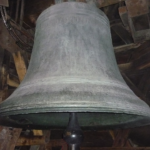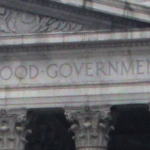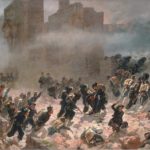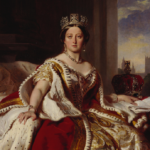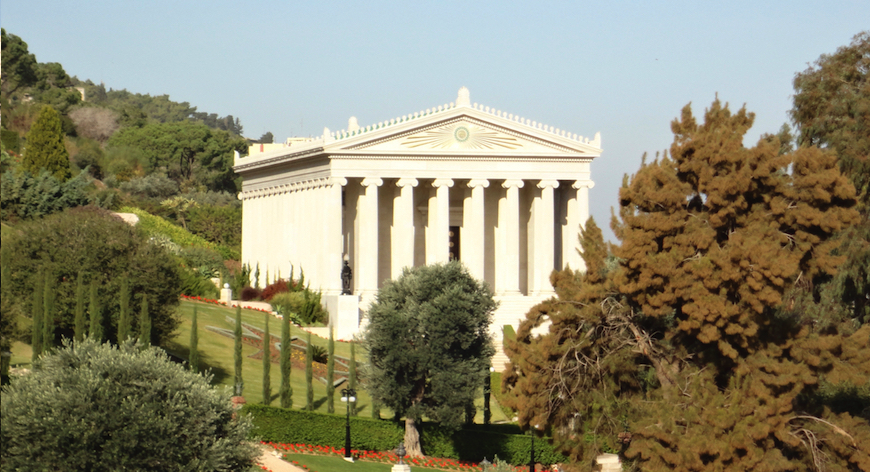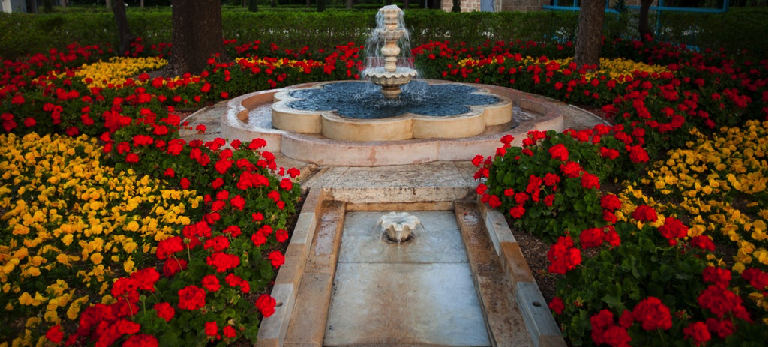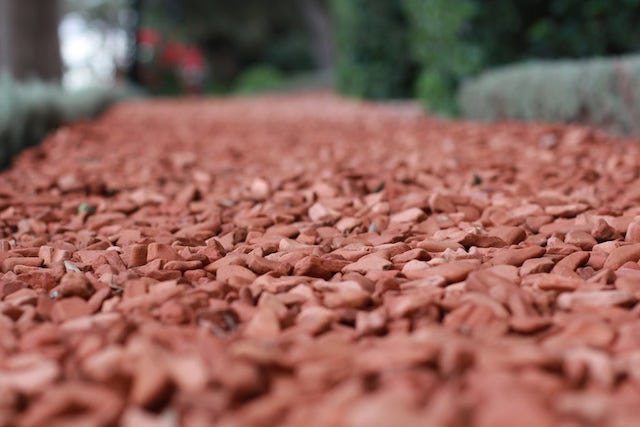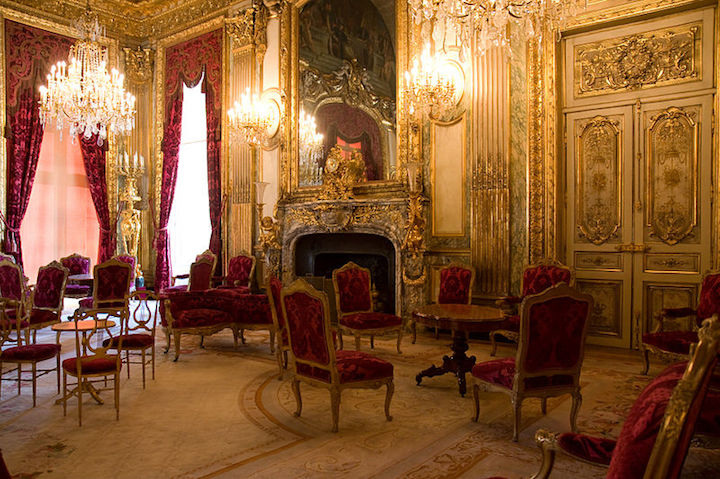
Bahá’u’lláh’s first letter to Napoleon III: the Responsibility of Government for Welfare of the People

We have seen that while Baha’u’llah was in Adrianople he wrote to the rulers of society, individually and collectively. From this period comes Bahá’u’lláh’s first letter to Napoleon III – Emperor of the French – who at the time was at the height of his power and influence.
Bahá’u’lláh’s letter announces his mission as do other letters of this period. Some of this letter is however concerned with responding to statements Napoleon III had made some years earlier in the context of the Crimean War.
Two statements graciously uttered by the king of the age have reached the ears of these wronged ones. These pronouncements are, in truth, the king of all pronouncements, the like of which have never been heard from any sovereign. The first was the answer given the Russian government when it inquired why the war [Crimean] was waged against it. Thou didst reply: ‘The cry of the oppressed who, without guilt or blame, were drowned in the Black Sea wakened me at dawn. Wherefore, I took up arms against thee.’ These oppressed ones, however, have suffered a greater wrong, and are in greater distress. Whereas the trials inflicted upon those people lasted but one day, the troubles borne by these servants have continued for twenty and five years, every moment of which has held for us a grievous affliction.
The other weighty statement, which was indeed a wondrous statement, manifested to the world, was this: ‘Ours is the responsibility to avenge the oppressed and succor the helpless.’ The fame of the Emperor’s justice and fairness hath brought hope to a great many souls. It beseemeth the king of the age to inquire into the condition of such as have been wronged, and it behooveth him to extend his care to the weak. Verily, there hath not been, nor is there now, on earth anyone as oppressed as we are, or as helpless as these wanderers.[1]
Shoghi Effendi states that the purpose of Bahá’u’lláh’s words was to test the Emperor’s sincerity — a test the Emperor reportedly failed. He is reported to have said, “If this man is God I am two Gods“. The Emperor was later to receive a second letter from Bahá’u’lláh that predicted his downfall – a downfall which followed not long after. An article will be devoted to the second letter which has a number of interesting dimensions we have yet to explore.
From the passage above, the first letter also evokes a principle that we see echo throughout Bahá’u’lláh’s writings:
It behoveth indeed the rulers of this world to inquire into the condition of the oppressed; sympathy towards the feeble is among the duties incumbent upon them.
This principle of the obligation of the governors to care for human welfare is variously expressed. We have, for example, seen it expressed to Parliaments.
O ye members of Assemblies in that land and in other countries! Take ye counsel together, and let your concern be only for that which profiteth mankind, and bettereth the condition thereof …[2]
In his letter to the kings and rulers collectively Bahá’u’lláh states the obligation in the following terms:
If ye stay not the hand of the oppressor, if ye fail to safeguard the rights of the downtrodden, what right have ye then to vaunt yourselves among men? What is it of which ye can rightly boast? What is it of which ye can rightly boast? Is it on your food and your drink that ye pride yourselves, on the riches ye lay up in your treasuries, on the diversity and the cost of the ornaments with which ye deck yourselves? If true glory were to consist in the possession of such perishable things, then the earth on which ye walk must needs vaunt itself over you, because it supplieth you, and bestoweth upon you, these very things, by the decree of the Almighty.[3]
Another example of this principle is addressed to the rulers and presidents of America.
Hearken ye, O Rulers of America and the Presidents of the Republics therein, … Adorn ye the temple of dominion with the ornament of justice and of the fear of God, and its head with the crown of the remembrance of your Lord, the Creator of the heavens. … Bind ye the broken with the hands of justice, and crush the oppressor who flourisheth with the rod of the commandments of your Lord, the Ordainer, the All-Wise.[4]
These statements must also be seen in the context of Bahá’u’lláh’s call to the rulers of society to “be united” – a call which Shoghi Effendi states implies a call for world federation.
Regretfully too often we see governments treat their own people or people of other lands as pawns to be brutally expended in the pursuit of power. This was what Bahá’u’lláh tested in Napoleon III, and found him to fall short.
Image: Napoleon III’s apartments By Daniel Perez Sutil (Flickr: Appartements Napoléon III) [CC BY-SA 2.0 (http://creativecommons.org/licenses/by-sa/2.0)], via Wikimedia Commons
(This article is the 132nd in a series of what I hope will be 200 articles in 200 days for the 200th anniversary of the birth of Bahá’u’lláh. The anniversary is being celebrated around the world on 21 and 22 October 2017, The articles are simply my personal reflections on Bahá’u’lláh’s life and work. Any errors or inadequacies in these articles are solely my responsibility.)
